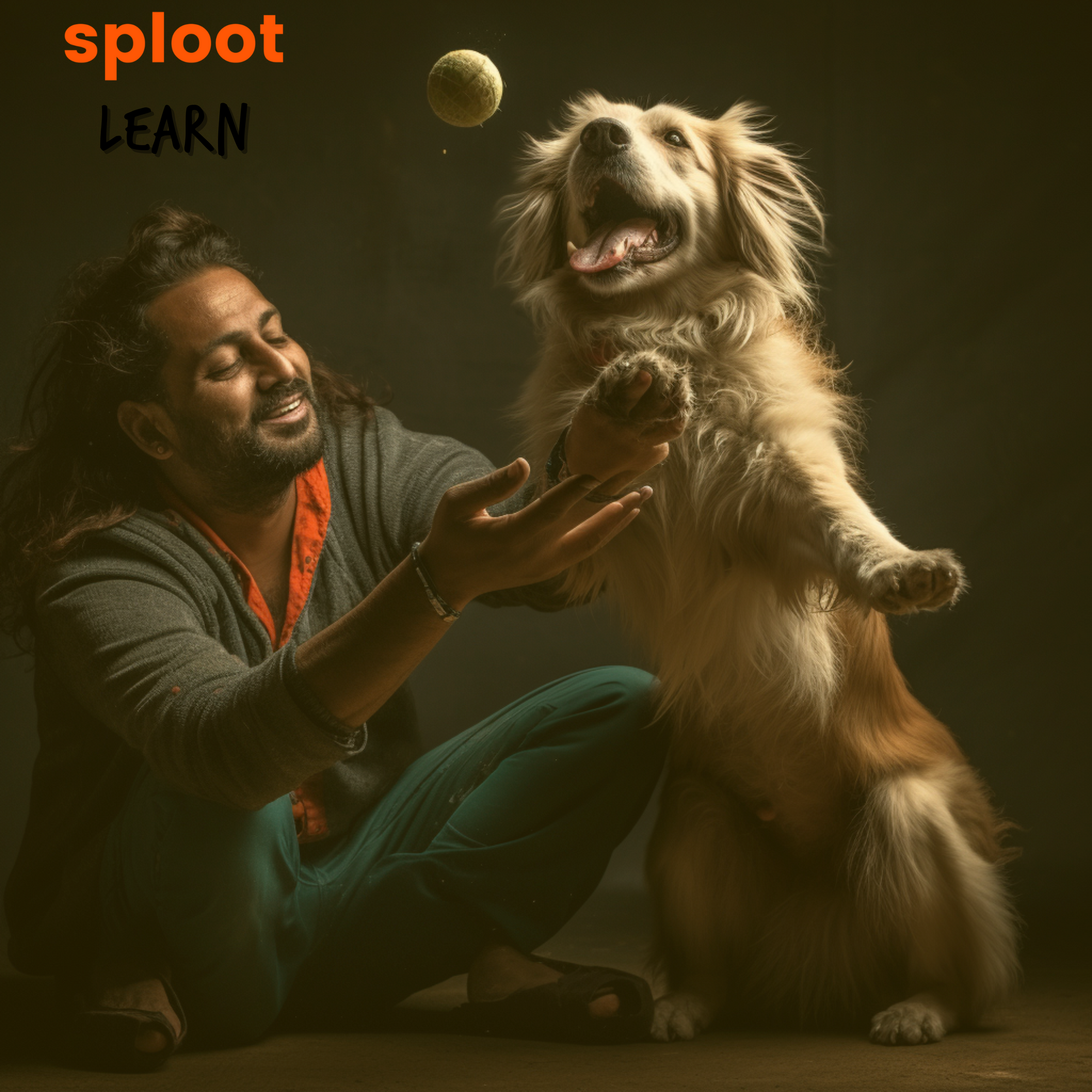The Role of Play in Better Dog Parenting

Play is an essential component of a healthy, happy life for dogs, serving as much more than just a way to pass the time. It is a critical element in better dog parenting, offering multifaceted benefits that touch on physical health, mental well-being, and the strengthening of the bond between you and your furry companion. This blog explores the invaluable role of play in dog parenting, illustrating how it can enhance both your lives.
Physical Health Benefits
Exercise: Play acts as a fun way to ensure your dog gets the physical exercise they need. Activities such as fetch, tug-of-war, or frisbee can significantly contribute to your dog’s cardiovascular health, muscle strength, and agility.
Weight Management: Regular play helps prevent obesity by keeping your dog active and burning calories, which is crucial in maintaining a healthy weight and preventing associated health issues.
Developmental Benefits: For puppies, play is vital for learning social cues and physical coordination. It helps in the development of healthy reflexes and understanding the environment around them.
Mental Stimulation
Cognitive Development: Play challenges the mind as much as the body. Puzzle toys, interactive games, and training sessions disguised as play can improve problem-solving skills and cognitive function.
Preventing Boredom: Engaging in play keeps your dog mentally stimulated, preventing boredom and the destructive behaviors that often accompany it, such as chewing, digging, or excessive barking.
Stress Relief: Play can be a significant stress reliever for dogs, offering an outlet for energy and anxiety and promoting the release of endorphins, the body's natural feel-good chemicals.
Strengthening Bonds
Building Trust and Companionship: Shared playtime is an opportunity to strengthen the bond between you and your dog. It builds trust, enhances companionship, and fosters a deeper understanding of each other’s behaviors and body language.
Communication: Play allows for an exchange of signals and commands, enhancing communication. It's an opportunity to practice commands in a fun setting, reinforcing training in a positive and enjoyable manner.
Mutual Enjoyment: The joy of play is shared, offering mutual benefits for both dog and owner. It's a time you can both look forward to, enhancing your relationship and ensuring that your dog sees you as a source of fun and positive experiences.
Tips for Incorporating Play into Daily Life
Variety is Key: Rotate toys and play activities to keep things interesting for your dog. Introducing new toys or changing the play environment can provide fresh stimulation.
Be Attentive: Pay attention to your dog's preferences and energy levels. Some dogs may enjoy vigorous play, while others prefer more gentle interactions. Tailor your play sessions to suit your dog's individual needs.
Incorporate Training: Use playtime as an opportunity to reinforce training. Incorporating commands and rewards into games can enhance learning and obedience.
Safety First: Always supervise play to ensure it’s safe and appropriate, especially when introducing new toys or when dogs are playing together. Avoid toys with small parts that could be ingested or materials that could harm your dog.
Regular Schedule: Incorporate play into your daily routine to ensure your dog has something to look forward to every day. Consistent playtimes help manage energy levels and reduce anxiety.
Conclusion
The role of play in dog parenting cannot be overstated. It is a fundamental aspect of a dog's physical, mental, and emotional health and a key factor in nurturing a strong, loving relationship between you and your pet. By prioritizing play, you're not only ensuring your dog's well-being but also enriching your own life with joy, laughter, and an unbreakable bond. So, grab a toy, head outside, and enjoy the limitless benefits that play has to offer.

